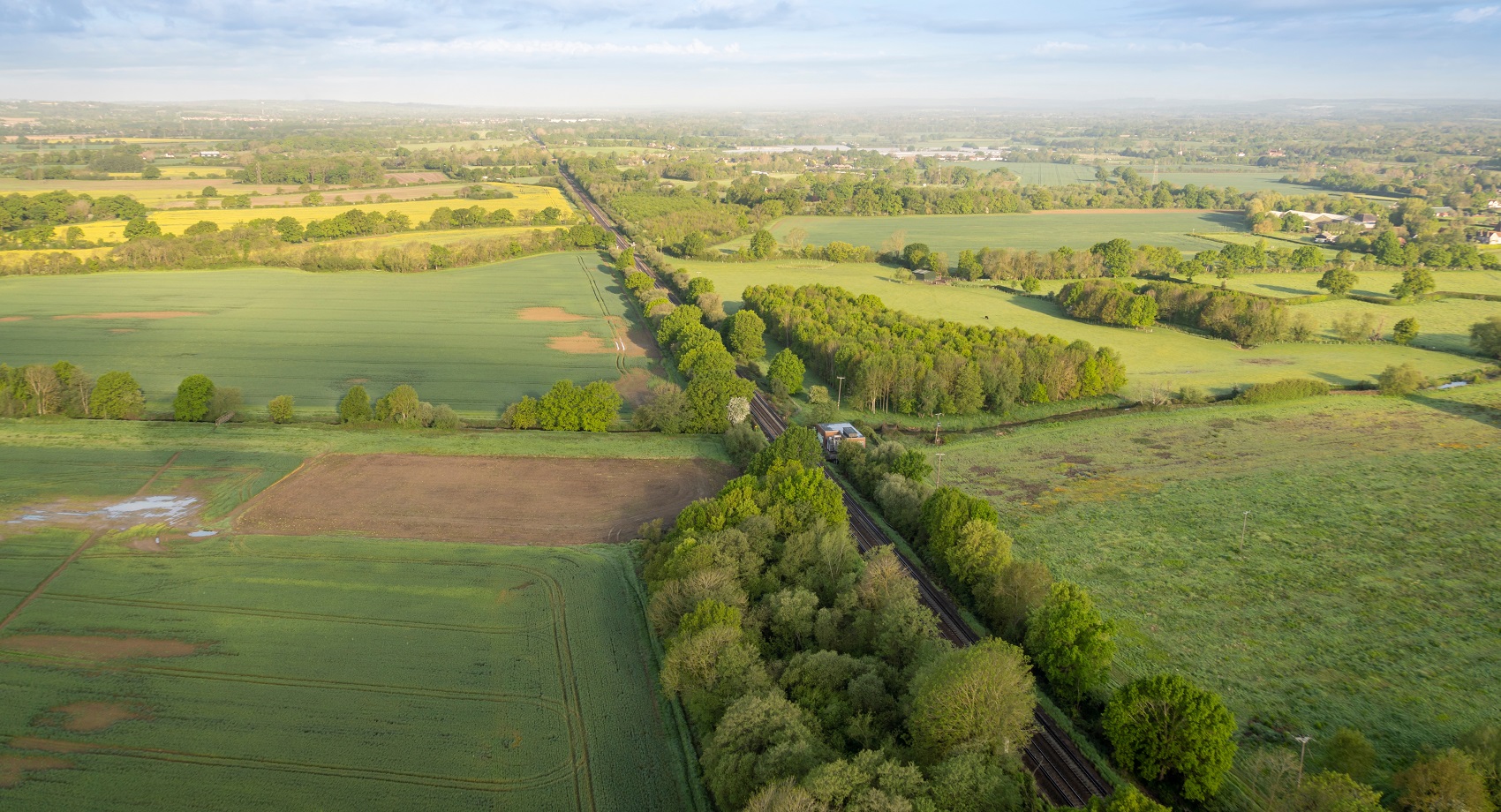Commencement provisions of the Levelling Up and Regeneration Act (LURA) 2023 came into law on 31 January 2024 and set out key changes to the compensation code.
While many of the provisions require secondary legislation or are subject to transitional arrangements, many of the changes are now effective and fall into three categories – power, procedural and compensation.
Improvement and regeneration
Local authorities can now rely on section 226 of the Town and Country Planning Act to justify Compulsory Purchase Orders (CPOs) which support regeneration, as the word ‘improvement’ now includes ‘regeneration’ in its definition.
Broadening the justification for a CPO to restrict a narrow interpretation of instances where CPOs are “improving” areas will be helpful to many schemes directly benefitting from and delivering to the levelling up agenda in any case. Although the power has frequently been used to bring forward regeneration proposals, there was some doubt as to the scope of powers without direct reference to ‘regeneration’, so this amendment brings welcome clarification to acquiring authorities.
Into the 21st century
The Department for Levelling Up, Housing and Communities (DLUHC) now requires a CPO to be published online in addition to traditional means of publication and serving notices.
Acquiring authorities will therefore need to consider whether specific scheme promotion websites should be setup, or existing websites for publication of a CPO and online viewing of associated documents utilised. While this is a welcome change that will provide parties with ease of access to information, other changes are likely to be of a greater concern to parties impacted by a CPO.
Other changes likely to be met with concern
The other procedural changes include confirmation proceedings, conditional confirmation, confirming authority power to extend the time limits for implementation, agreement to vary vesting date, and common standards for compulsory purchase data. The DLUHC consulted widely on these changes when the bill was introduced, however the concerns expressed at that stage remain.
The confirming authority’s discretion to extend implementation periods beyond three years is likely to provide greater flexibility, including for phased developments; however, there remains concern this potentially extends the blighting effects of the CPO for claimants.
The implementation of an option for conditional confirmation of a CPO is intended to encourage the making of a CPO earlier in the process. Currently the making of a CPO is often delayed until other impediments have been overcome. The intention now appears to make the CPO earlier and should be undertaken alongside other processes such as consenting and funding. Claimants may fear a risk of an objection not getting a fair outcome and finding a conditional confirmation made instead. The procedure for discharge of such conditions requires further regulations, and claimants will hope this includes a further exchange of representations around whether the condition has been fully discharged.
Significant changes to compensation code
The most significant and drastic changes, however, have been reserved for measures associated with compensation itself.
Changes to the Certificate of Appropriate Alternative Development (CAAD) process mean alternative development can only be claimed following issue of CAAD and this cannot be for any period after the relevant valuation date, thereby removing any hope value for future development. Further, the ability of Claimant’s to recover costs associated with CAAD applications are removed. The changes are intended to avoid the ‘Compensation Code’ delivering “inflated” levels of hope value, together with streamlining the process for local authorities, who no longer have to consider all forms of potential alternative development.
Removing the ability of Claimant’s to recover costs of CAAD is controversial; however, it was intended to reflect that the costs of obtaining planning permission would be incurred at risk in the ‘real world’. While this does simplify the process, Claimant’s may consider that it does not reflect the “real world” circumstances as to when a landowner/investor would elect to bring development forward.
Removal of hope value
A further drastic change is the removal of hope value altogether, albeit in limited circumstances. Under Section 190 acquiring authorities can disapply hope value to certain types of CPO (affordable housing, health and education) where there is a compelling justification in the public interest. Any existing planning permission can be accounted for in assessing compensation; however, the removal of hope value will allow for land to be acquired at potentially significantly reduced cost, the cost of the land being more in line with existing use value.
The change aims to increase the viability of certain schemes and support schemes considered to deliver significant public benefit. Clawback provisions are in place for landowners should the acquiring authority commitments, and public benefit test, not be fulfilled to the extent the CPO was confirmed.
Looking to the courts
How these changes sit with the fundamental principle of equivalence is largely unknown and untested. We expect this is likely to lead to litigation through the courts.
Landowners, who can afford to, are expected to secure planning permission in advance of the CPO being confirmed and thereby protect their positions. But those not fortunate to do that, are likely to lose out and await the outcome from litigation pursued by wealthier landowners/developers. Given the scale of the levelling up agenda and its aspiration to deliver change, we expect lawyers to be very busy over the coming months and years!
Get in touch
If you have any questions related to this article please speak to Nyear Yaseen, Robert Reeds, Scott Kershaw or Connie Longrigg in our Planning, Regeneration + Infrastructure team.
REGISTER FOR UPDATES
Get the latest insight, event invites and commercial properties by email







